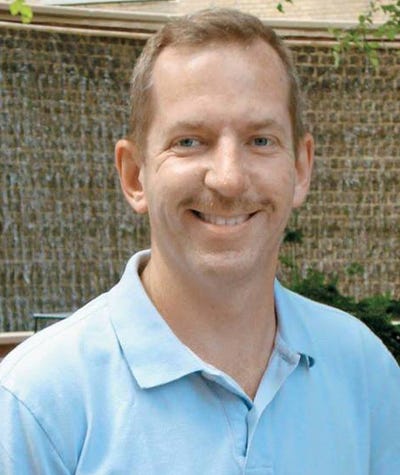Industry leaders to chair BPC’s new Food and Nutrition Security Task ForceIndustry leaders to chair BPC’s new Food and Nutrition Security Task Force
FMI’s Leslie Sarasin, renowned chef José Andrés join with former Agriculture Secretaries to lead effort

As the COVID-19 pandemic has revealed the urgent need to reduce food insecurity in the United States, the Washington, D.C.-based Bipartisan Policy Center (BPC) on Monday launched the Food and Nutrition Security Task Force to improve access to healthy foods and diet quality for all Americans.
Leading this one-year effort as co-chairs are Leslie Sarasin, FMI - The Food Industry Association President and CEO; world-renowned chef and founder of the humanitarian food relief non-profit World Central Kitchen José Andrés; and former U.S. Agriculture Secretaries Dan R. Glickman and Ann M. Veneman.
This year, according to the BPC, an estimated 42 million Americans, including 13 million children, are at risk of not having enough to eat. At the same time, the nation is facing rising obesity rates that highlight the need to enhance diet quality through strengthening evidence-based nutrition standards and increasing access to healthy foods in federal food and nutrition programs.

“FMI and its members representing the business of food — wherever it is bought, sold or produced — recognize the important role we play in ensuring access to affordable, safe and healthy foods for all Americans,” said Sarasin (left). “We look forward to working with leaders across all sectors to identify innovative policy solutions to eliminate food insecurity — one of America’s leading challenges.”

“The COVID-19 pandemic has exposed the gaps in our collective ability to combat nutrition insecurity as millions of American families have gone without enough to eat,” added Andrés (right). “Now more than ever, we must seek bold solutions that bring the power of the federal government together with the nonprofit and private sectors to end hunger and make food an opportunity to create a better tomorrow. I am proud to co-lead this critical effort.”
The goal of the task force will be to assess both legislative and administrative policy opportunities and issue recommendations that will improve food and nutrition security during COVID-19 and the economic recovery; strengthen the Child Nutrition Programs, including the Child Nutrition Reauthorization; and enhance the Supplemental Nutrition Assistance Program (SNAP) and other food assistance programs, including through the Farm Bill. The group will also develop ideas for public- and private-sector collaboration to address food and nutrition security.

“There is an urgent need to develop solutions to address both food and nutrition security in the context of COVID-19 and beyond,” said Glickman (left), who is also a BPC senior fellow and served as USDA secretary from 1995-2001. “Poor nutrition and diet-related diseases and conditions, such as obesity, lead to poor health outcomes and higher health care costs. Our aim is to design solutions that not only help Americans get enough calories but also the right kind of calories. A commitment to health equity will also be central to the task force’s recommendations.”

“Supporting the health and well-being of children and families must be a priority,” added Veneman (right), USDA secretary from 2001-2005. “Our task force seeks to inform federal policy that will address the long-term health, educational, and economic impact of food and nutrition insecurity throughout the country. This is a crisis that can’t wait.”
Members of the Food and Nutrition Security Task Force include:
Claire Babineaux-Fontenot, CEO, Feeding America
Rochelle Davis, president and CEO, Healthy Schools Campaign
Zippy Duvall, president, American Farm Bureau Federation
Ihuoma U. Eneli, M.D., director, Center for Healthy Weight and Nutrition, Nationwide Children’s Hospital
Rev. Douglas Greenaway, president and CEO, National WIC Association
J. Nadine Gracia, M.D., MSCE, executive vice president and COO, Trust for America’s Health
Luis Guardia, president, Food Research & Action Center
Lt. Gen. Mark Hertling, DBA, advisor and board member, Mission Readiness
Dariush Mozaffarian, M.D., Ph.D., dean, Friedman School of Nutrition Science and Policy, Tufts University
Robert Paarlberg, PhD, Professor Emeritus, Wellesley College; associate, Sustainability Science Program, Harvard Kennedy School and Harvard Weatherhead Center for International Affairs
Pam Schwartz, MPH, executive director, Community Health, Kaiser Permanente
Tom Stenzel, president and CEO, United Fresh Produce Association
Over the next year, the task force will hold several public events and issue a series of policy briefs with recommendations.
The Bipartisan Policy Center is a Washington, D.C.-based think tank that actively fosters bipartisanship by combining the best ideas from both parties to promote health, security and opportunity for all Americans.
About the Author
You May Also Like





.webp?width=300&auto=webp&quality=80&disable=upscale)
